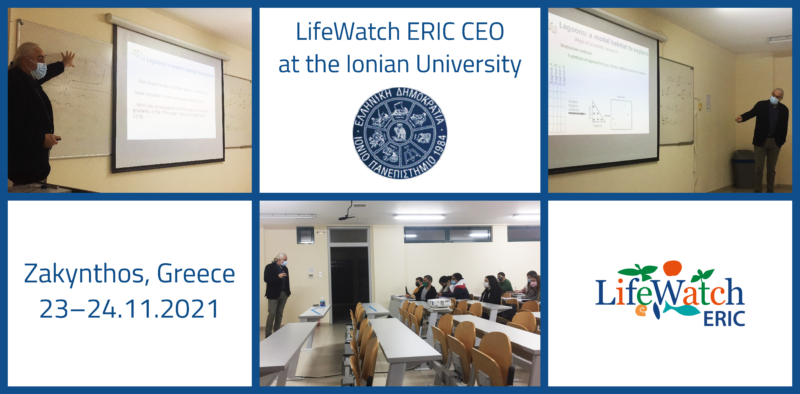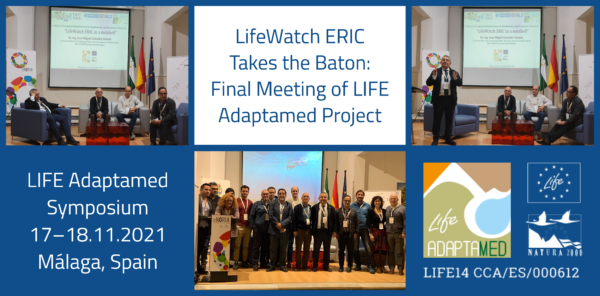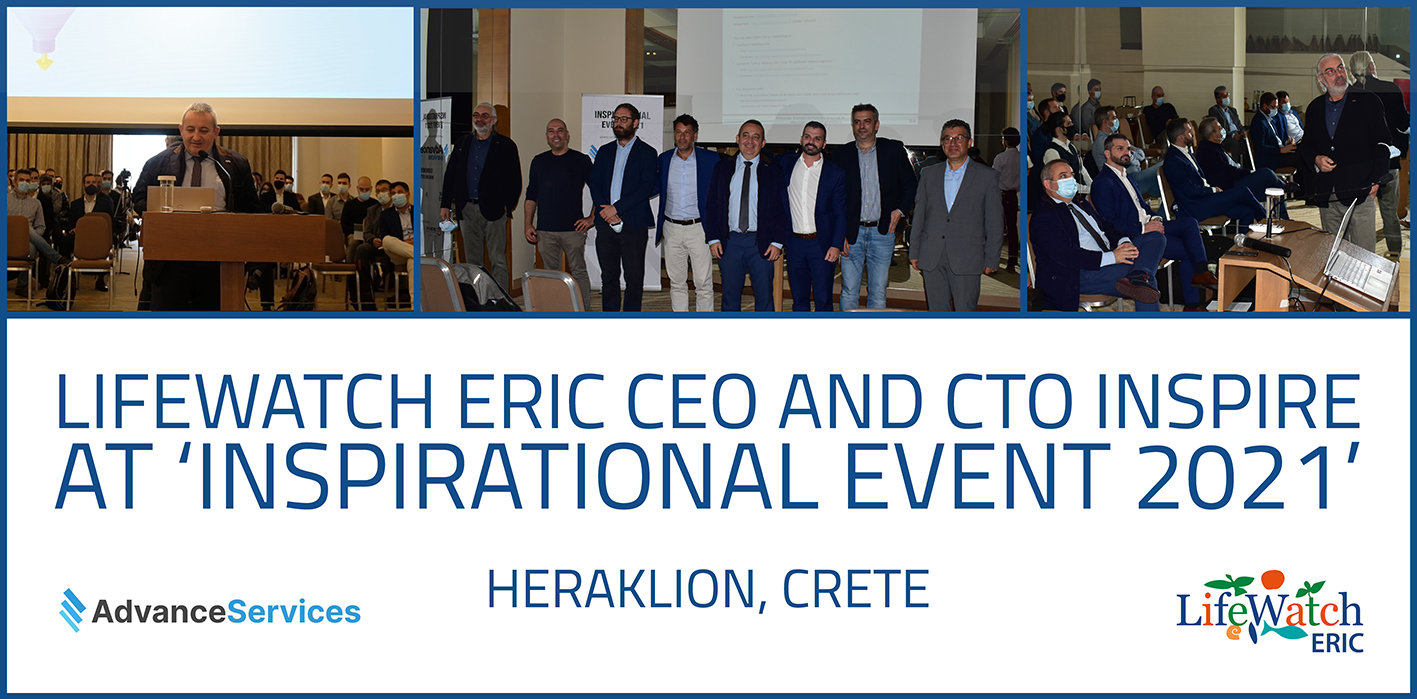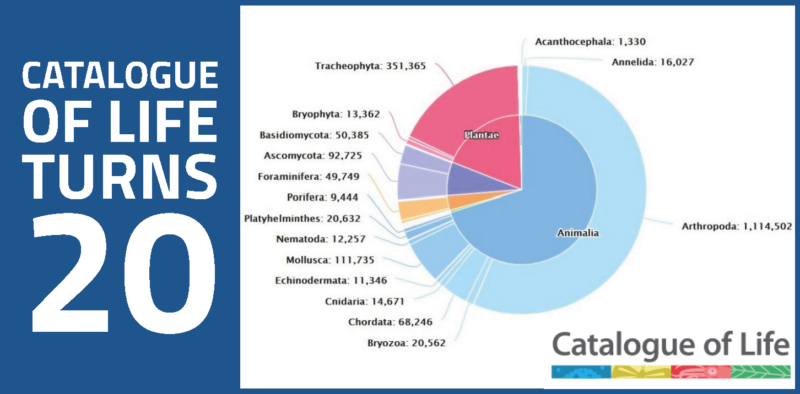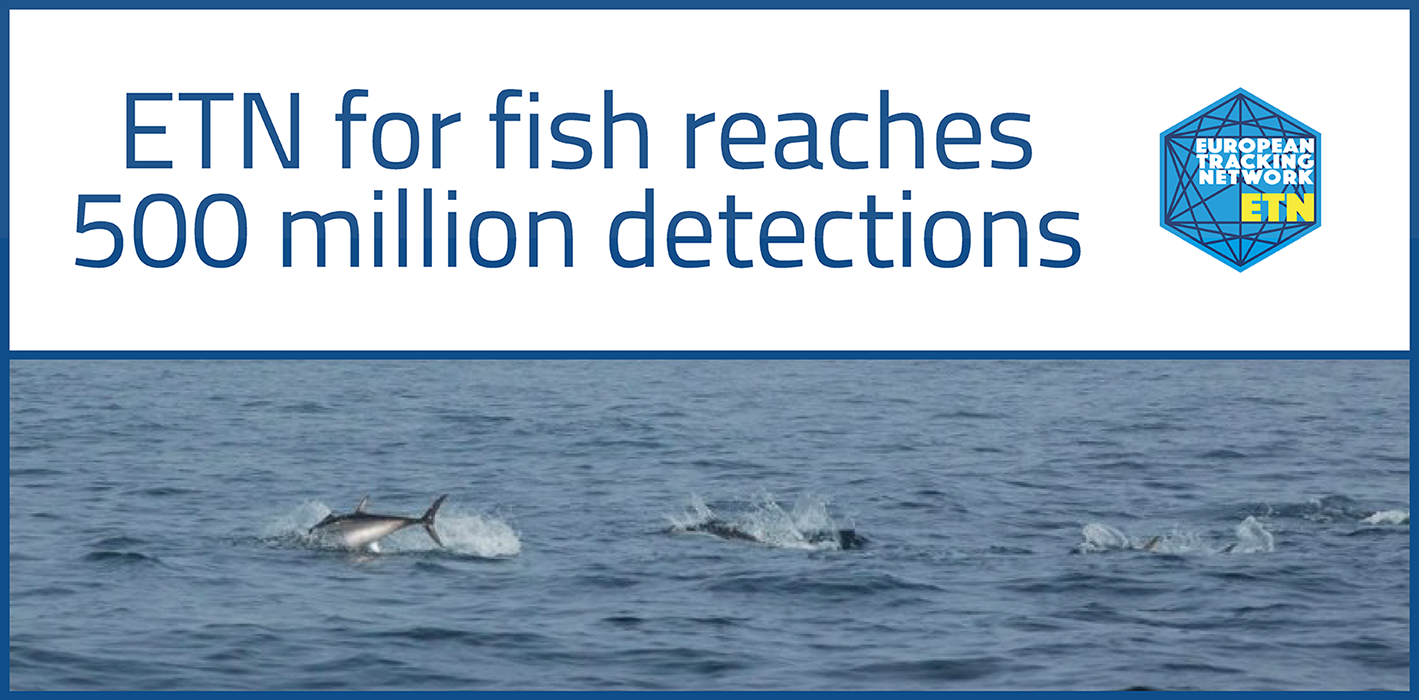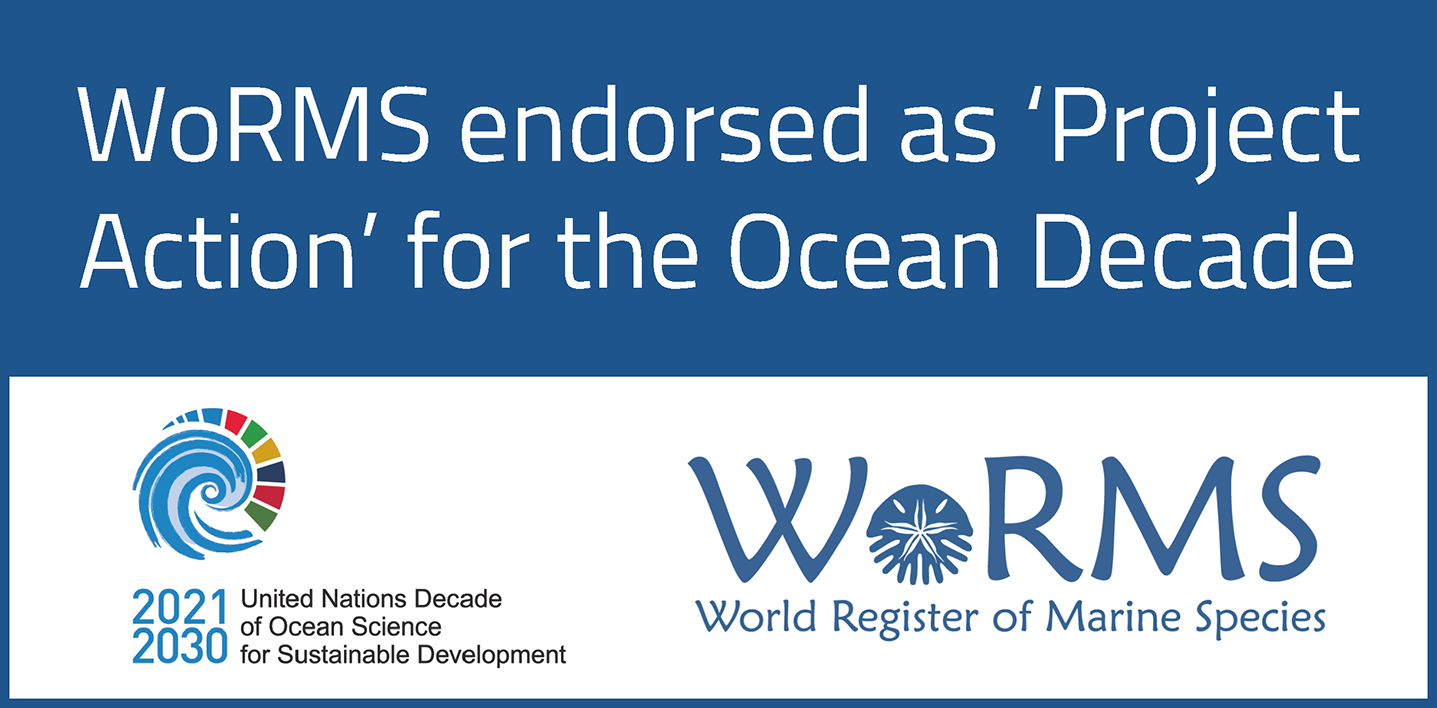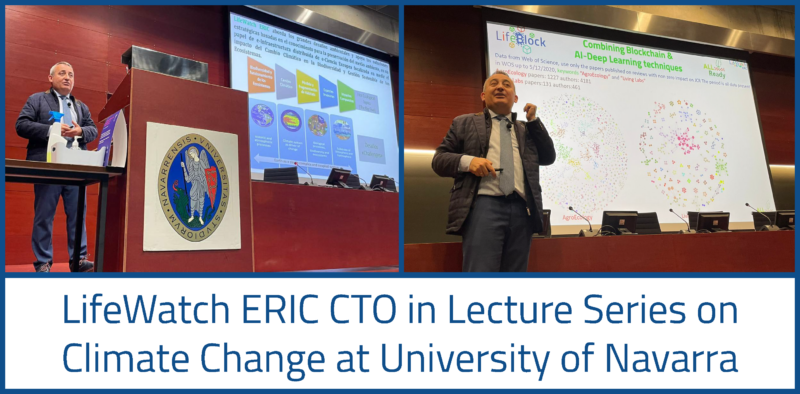The 26th UN Climate Change Conference of the Parties will be taking place over the next two weeks, having launched on 31 October. Over the past few days, leaders of states from all around the world have reinforced their promises to reach Net Zero, pledging to slash methane emissions by 2030, and berating nations which have shown less commitment towards such targets. And yet, in the end, the effort of individual states will pale into insignificance. Perhaps David Attenborough, zoologist and documentary presenter, said it best:
“As we work to build a better world, we must acknowledge no nation has completed its development because no advanced nation is yet sustainable. All have a journey still to complete so that all nations have a good standard of living and a modest footprint”
As an organisation in constant dialogue with the biodiversity and ecosystem research community, LifeWatch ERIC is very aware of the fact that biodiversity does not recognise borders. Impacts generated in one corner of the planet trigger domino effects that are felt all around the world, sooner or later. The concept of a secluded green oasis of states which will emerge unscathed from the climate and biodiversity crisis is delusional –as acknowledged by EU Commission President Ursula von der Leyen in her speech, highlighting that the EU is the largest provider of climate finance for adaptation and mitigation, which is necessary to achieve global targets. She also spoke specifically of biodiversity funding in vulnerable countries.
Yes, it is crucial that funding is distributed in a way that facilitates biodiversity and ecosystem research worldwide –yet the way in which research is conducted is of equal importance. LifeWatch ERIC is an unwavering proponent and upholder of the FAIR principles – ensuring that the data and services it handles are Free, Accessible, Interoperable and Reusable, opening up science to all. Transnational scientific cooperation accelerates the identification of solutions to global problems, benefiting citizens all over. Considering the alarming rate of ecosystem transformation due to climate change, a global and coordinated scientific effort is required to keep up with its monitoring and control. António Guterres, UN Secretary-General, gave a stark warning to world leaders to be vigilant in this respect, declaring the idea that we are on track to turn things around “an illusion.”
And while the shock element of the UN Secretary-General’s speech made the desired impact, reverberating through the world press, the mission and purpose of LifeWatch ERIC is more aligned with the overriding message of Mr Attenborough: “Not fear, but hope.”
LifeWatch ERIC works tirelessly to produce the ICT tools required by researchers to map and monitor biodiversity and ecosystems, enabling them to identify solutions to the issues exacerbated by climate change. Collaborating with other research infrastructures based in Europe and further afield, LifeWatch ERIC ensures the reliability and multiplicity of data used in scientific research projects, as well as providing the means to best interpret this data. The infrastructure acts as a mediator between the research community and policymakers, helping researchers piece together scientific findings to identify patterns at local, continental and global scales, extracting the meaning from this data and translating it into comprehensible information for policymakers, who can be assured that the actions they take are rooted in scientific excellence.
LifeWatch ERIC is an available resource for those wishing to invest in biodiversity and ecosystem research to reach the goals reinforced by the critical discourse taking place at COP26. The increased coordination, collaboration and cooperation of scientists, citizens and civil servants alike is the best way to rapidly identify and pursue the adaptation, mitigation and restorative measures necessary for the survival of our planet.
You can learn more about LifeWatch ERIC and the European research infrastructure community at the following links:
